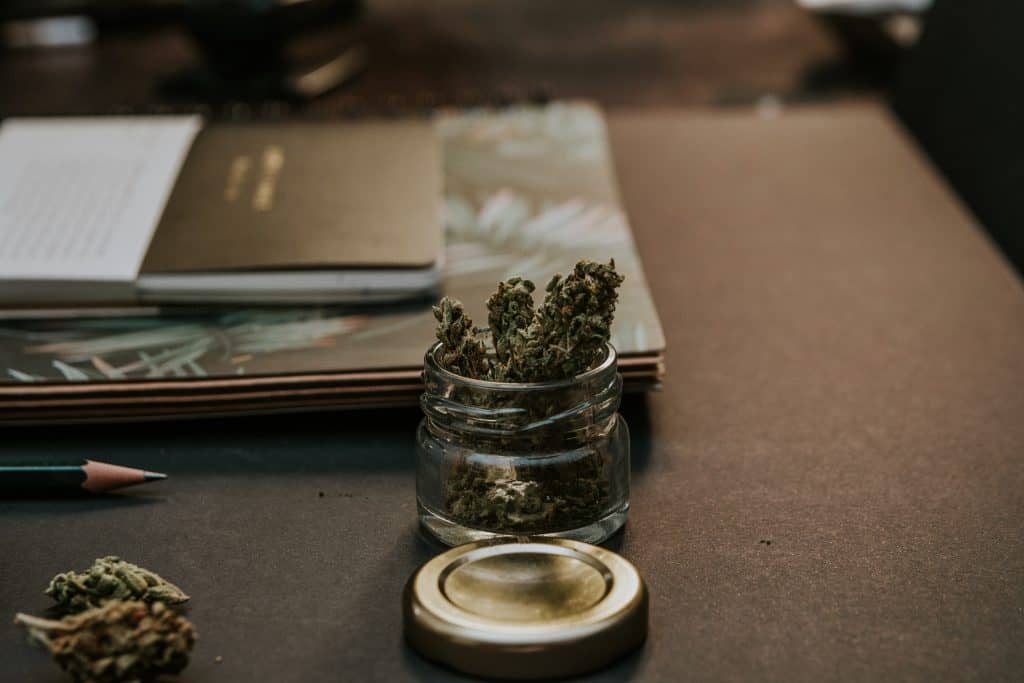The United States has found itself in the throes of an opioid epidemic for years. Climbing abuse rates for opium-derived painkillers like oxycodone and morphine represent only one side of the problem, while illegal drug use becomes even more problematic.
According to a Massachusetts Department of Public Health report released in May 2019, opioid-related overdose deaths for all intents in the state have quadrupled since 2005, and doubled since 2013.
All across the country, states are taking positive action towards addressing the crisis. But only a handful of states are looking beyond the usual practices – like filing lawsuits against pharmaceutical manufacturers – to improve public health more comprehensively. One of the most promising solutions currently under development is developing cannabis legislation aimed at reducing the severity of the opioid crisis.
Cannabis for Opioid Withdrawal Therapy: How it Works
Cannabis can’t replace the powerful pain-killing effects of opioids in all cases. However, it can be effective for treating many chronic pain conditions that doctors traditionally prescribe increasingly powerful opioid drugs for.
Recent research has suggested that medical cannabis may be as effective as popular opium-derived drugs for treating certain types of chronic pain, such as the pain commonly associated with multiple sclerosis. Since multiple sclerosis is one of the qualifying conditions specifically named in Massachusetts cannabis legislation, it gives doctors an alternative to using powerful opioid drugs to treat patients who have this disease.
This may prove to be a significant leap forward in fighting the effects of opioid addiction in the state. Almost 80% of heroin users report becoming dependent on prescription opioids before turning to heroin.
When doctors have equally effective pain-killing options at their disposal, they have a chance to address one of the primary factors contributing to the crisis at the national level. Part of the opioid crisis involves patient-doctor interactions, where doctors enable sufferers of chronic pain to indulge in increasingly powerful opioid drugs simply because there are no other effective treatments for chronic pain.
This is important because it shows that as long as doctors don’t have an equally powerful pain-killing option at their disposal, the decision to prescribe opium-derived drugs becomes an difficult ethical dilemma. Either the doctor chooses to expose chronic pain patients to the potential risk for drug dependency and withdrawal, or the certainty of experiencing debilitating pain for the rest of their lives.
But when doctors have a cannabis-derived alternative, they can reduce patients’ pain without exposing them to the risk of opiate dependence. In fact, they can use cannabis to treat opioid dependency. One study found that almost half of its opioid-using patients were able to successfully quit using opium-derived drugs seven months after starting cannabis therapy.
Where Opioid Abuse and Cannabis Legislation Intersect
Some states have enacted robust legislation targeting opioid users as people who may benefit from progressive cannabis laws. Early studies on the subject have shown favorable results, with states seeing a 25% lower rate of opioid overdose annually after legalizing medical cannabis.
Importantly, this is not a case of cannabis legislation simply hiding the problem instead of directly addressing it. According to Dr. W. David Bradford, the fact that physicians cannot prescribe cannabis (since it is still a federally scheduled substance), the results can’t be the effect of prescriptions for cannabis going up and prescriptions for opioids going down.
This means that researchers are beginning to observe the changes that happen in patient-oriented economic environments before and after cannabis legislation. Some states have taken things a step further by enacting specific laws to address the opioid crisis using cannabis:
- In Illinois, opioid prescription holders can swap their prescriptions for medical cannabis without having to subject themselves to fingerprinting or background checks that usually apply to cannabis users.
- In New Jersey, opioid addiction was added to the list of qualifying conditions by which patients can obtain medical cannabis, and the state is planning to double the number of dispensaries located in the state.
- New York has implemented legislation adding opioid addiction has one of the qualifying conditions under which medical marijuana patients can obtain cannabis products. However, these patients must be enrolled in a state-certified opioid treatment program first.
- Pennsylvania treats opioid addiction as a qualifying condition only if the patient has unsuccessfully attempted all other treatments available. At the same time, cannabis can only be used alongside traditional opioid abuse therapies.
These aren’t the only states that have considered addressing the opioid crisis using cannabis legislation. Lawmakers in Massachussets have considered legislation to this effect, but ultimately rejected the bills so far proposed, for now.
Clearing a Path Forward for Helpful Cannabis Policy
The fact that four states have decided to confront the opioid crisis using cannabis laws points to a promising future for the rest of the country. It means that, at least in these states, clinical researchers may now apply for funding to test the effectiveness of cannabis in treating opioid addiction.
If these studies find clear evidence that cannabis use helps to reduce the harmful effects of opioid withdrawal, or plays a useful role as an opioid alternative, it is likely that state lawmakers will draft the appropriate legislation in response.
Right now, there is a clear need for large-scale, institutional clinical studies that can determine how safe and effective cannabis treatment truly is when it comes to chronic pain and opioid addiction. Until this moment, it has been almost impossible to initiate anything more than very small studies of this nature.
We may unravel the secrets of medical marijuana’s effectiveness in treating opioid-related disorders and the conditions that lead people to seek opium-derived drugs in the near future. With future studies among larger segments of the population, we may better understand which conditions cannabis therapies are best-suited to treat, giving doctors an all-important alternative to the prescription of ever-stronger opioid drugs in response to chronic pain.
